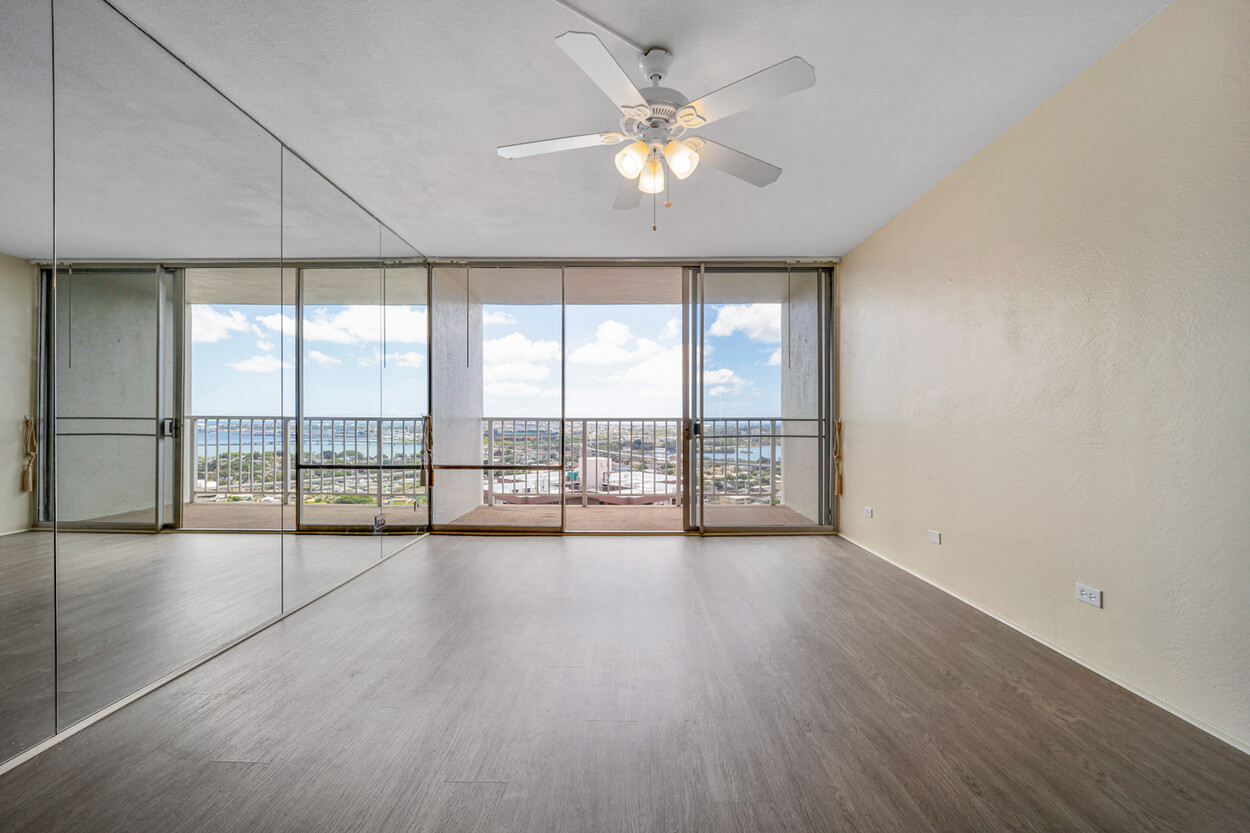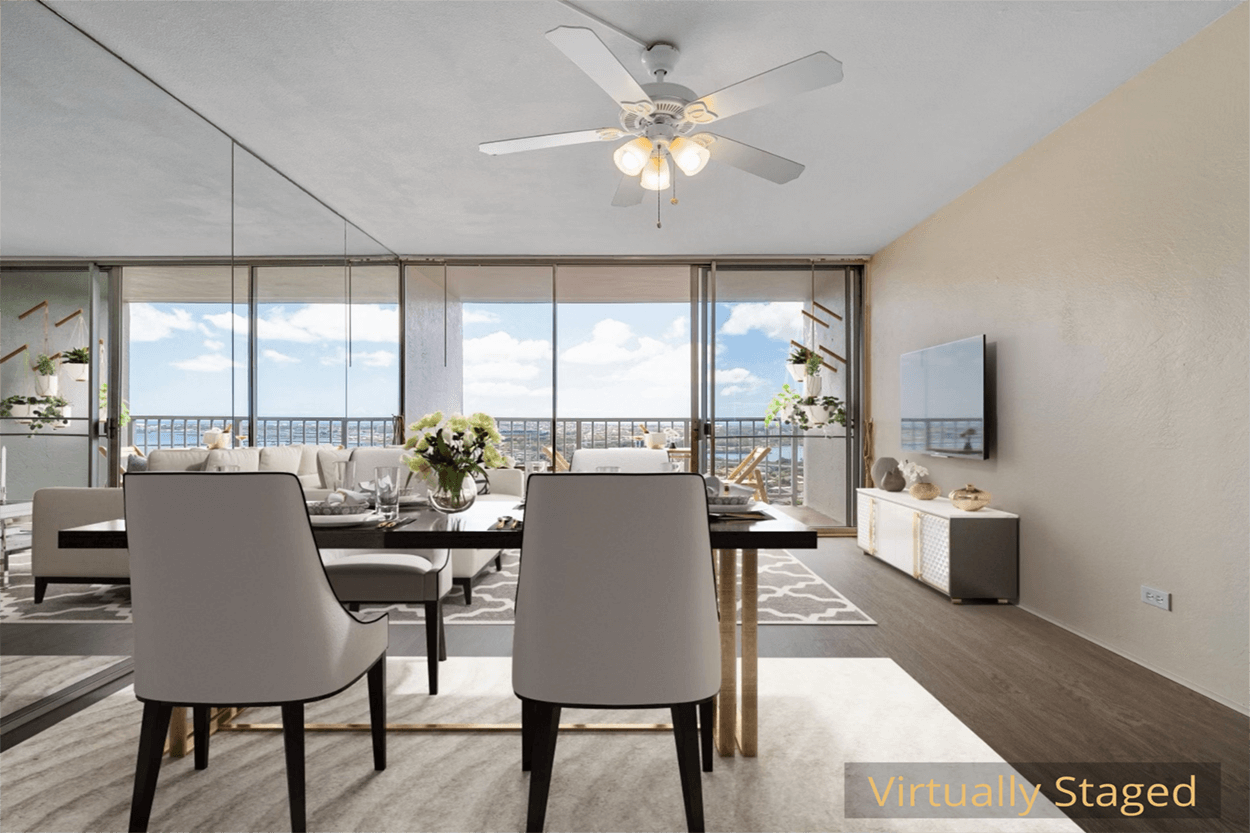Visionary Views is a Media Company that offers Real Estate Services in Hawaii and Las Vegas. Check out our services here.
Before we dig into the details of the “how,” let’s first understand the “why.”
As a realtor, you might say, I have implemented many marketing strategies and already published my content. Why do I need to create a blog?
The answer is simple and depends on what type of content you put out there. You often use social media to post your videos, listings, etc. While this is good marketing and fast, it only deals with the front surface. What about the backend? People without social media accounts can’t find you if they don’t have one. Where do people search if they are looking for information?
You guessed it, Google!
But who doesn’t have social media nowadays? You might be correct, but when someone is looking for a home or tips to find a home on a budget or anything like that? Do you think they will go to social media? No, they aren’t. The first source is Search It Online. And how will you make it appear in their search? Tadah!!! Creating a blog is the best way to create content built for search engines like Google.
If you haven’t started blogging yet, it’s not too late.
But what topic or ideas should you write about? Well, read on!
Here is the step-by-step guide when starting a real estate blog
1. Establish Authority and Expertise
2. Define Your Goals
3. Develop a Content Calendar
Consistency is crucial. Create a content calendar outlining your blogging schedule, deciding how often you’ll post, and sticking to your plan. This ensures your audience knows when to expect new content and helps you stay organized. Plan your content in advance, considering topics, formats, and visuals to keep your blog fresh and engaging.
There are many Content Calendars available on the internet for free. We use Metricool for our content calendar because, by far, they have the easiest platform to use with analytics built in it, and you can try it for free for one brand.
4. Research Your Audience
5. Create High-Quality Content
6. Engage with Your Readers
7. SEO Optimization
8. Order Unique Business Cards
9. Create In-Depth Graphs, Guides, Charts, or Maps
The best real estate marketing plan includes plenty of graphics — but not just any will do. Taking time to hone your Photoshop skills (or building enough capital to hire a professional graphic designer) will allow you to add striking images, charts, graphs, and other visual elements to your blog and social media posts. When that time comes, ensure your graphics explain something of value to your audience, like the best parts of your local market.
In the meantime, you can utilize Canva to create your graphics without having to spend money to hire someone to create a graphic for you when it still needs to be added to the budget. Canva has a lot of pre-made templates that you can use.
Now that you understand the fundamentals let's explore the topics or types of content you can post on your blog
1. Capitalize on the Popularity of the Latest Internet Memes
2. Highlight Reviews and Testimonials
3. Proven Track Record of Success
4. About You
One of the most challenging things to do is sell yourself. But, if you’re honest and present your authentic self, people will flock to you and want to know more.
You can create a content page on your website called “about page” dedicated to helping your audience know you better. This one doesn’t have to be a blog post type of content, but since we are talking about helping people find you online, this can contribute to that.
5. Why You Love Real Estate
Home Tips
6. Home Renovations
7. Finding Your Dream Home Tips
8. Common Mistakes Sellers Make
9. Common Mistakes Buyers Make
10. Staging Tips
20. Real Estate Terms
21. Landscaping
22. What to Expect When Buying a Home
23. First-Time Home Buying
24. Pet Friendly
- 43% of people would be willing to move to accommodate their pets better
- 68% of REALTORS®’ clients say that the animal policy influenced their decision to rent or buy in a particular community
- 36% of buyers with at least one pet purchased a home with 4+ bedrooms, compared to only 24% without pets.
- 73% of homebuyers with pets report that private outdoor space is more important than those without pets. Features like large, fenced-in yards and non-toxic landscaping are highly sought-after
- 29% of young millennial buyers (likely first-time) picked their neighborhood with their pets in mind, looking for things like nearby dog parks and pet-friendly culture
25. Moving Tips
Local Information
26. Transportation
27. Job Opportunities
28. Notable People Interviews
29. Promoting a Neighborhood
30. Properties (Luxury, Affordable, Best Value)
31. Schools
32. Local Events
33. Local Business
Market Trends and Educational Resources
34. Property Taxes
35. Local Housing Trends
36. Predictions
37. Glossary
38. Mortgages
39. Educational Guidelines
40. Educational Resources
The U.S. Department of Housing and Urban Development (HUD) offers real estate and home-buying information. Use this resource to create informative blog posts and guides for your audience.
And there you have it! You can create a successful real estate blog that establishes your Expertise, engages your audience, drives website traffic, and showcases properties creatively, ultimately positioning yourself as a trusted resource in the real estate industry.
To learn more about Visionary Views Real Estate Services, please visit www.visionaryviewsllc.com. Thank you, and have a good day.













